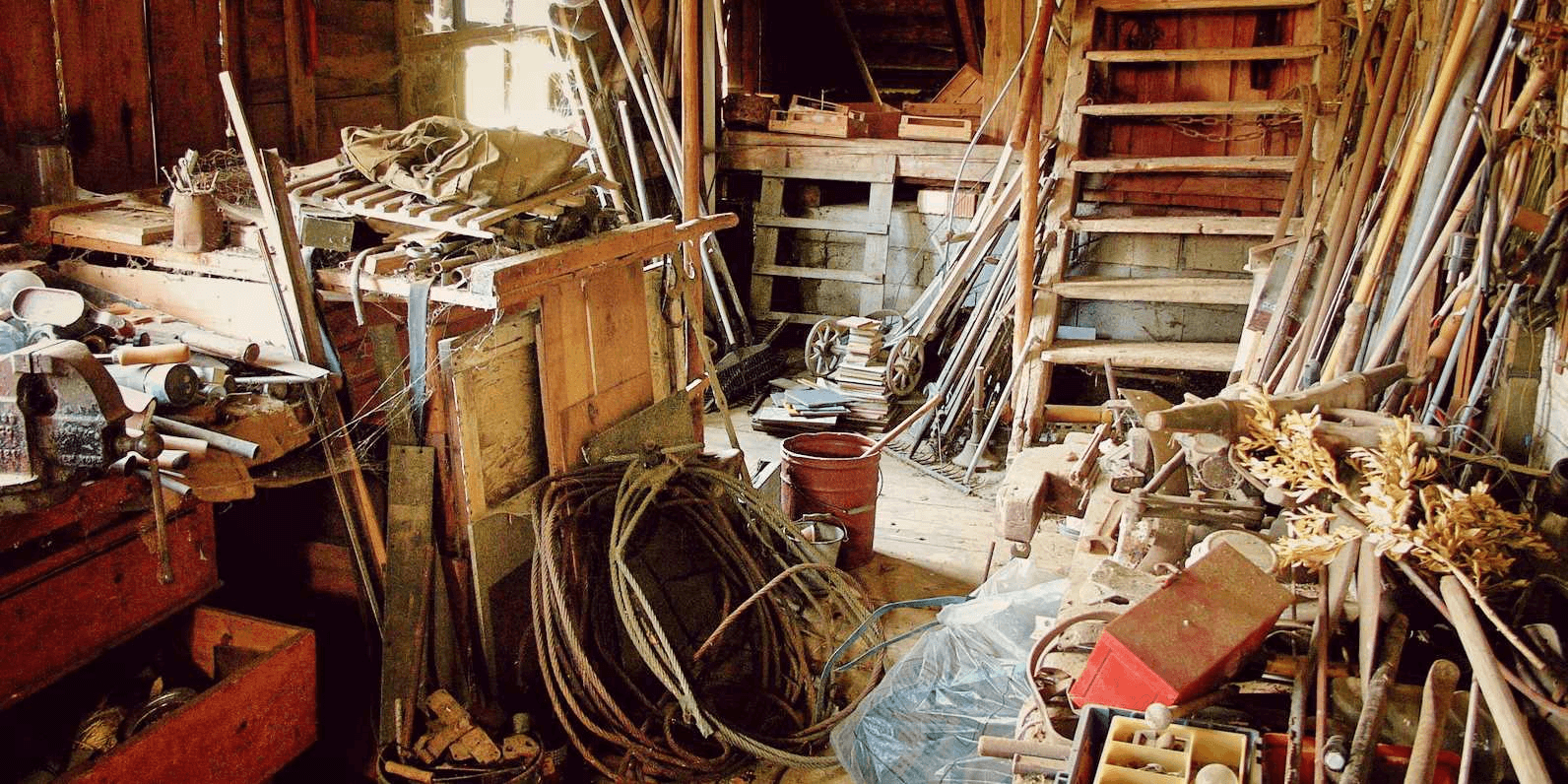The Ultimate Checklist for Your Estate Cleanout
Handling an estate cleanout can be an overwhelming and emotional process. Whether you are dealing with the property of a loved one who has passed away or preparing to sell a home, the task involves sorting through years of belongings, making important decisions, and ensuring that everything is handled properly. With careful planning and a structured approach, the process can be more manageable and less stressful.
Setting a Clear Plan
 Before beginning an estate cleanouts, it is important to establish a clear plan. This includes setting a timeline, determining who will be involved, and outlining key objectives. If multiple family members or individuals are involved, having open discussions about expectations and responsibilities can help prevent misunderstandings. It is also useful to consider whether professional assistance is needed, such as estate cleanout services, appraisers, or legal advisors.
Before beginning an estate cleanouts, it is important to establish a clear plan. This includes setting a timeline, determining who will be involved, and outlining key objectives. If multiple family members or individuals are involved, having open discussions about expectations and responsibilities can help prevent misunderstandings. It is also useful to consider whether professional assistance is needed, such as estate cleanout services, appraisers, or legal advisors.
A realistic schedule is essential to keep the process on track. Depending on the size of the estate, the cleanout may take several days or even weeks. Breaking the process down into phases, such as sorting, donating, selling, and disposing, helps maintain efficiency and organization.
Sorting and Categorizing
One of the most time-consuming aspects of an estate cleanout is sorting through belongings. Each item should be evaluated carefully, taking into account sentimental value, practicality, and financial worth. It is helpful to create categories such as items to keep, donate, sell, or discard.
Family heirlooms and sentimental belongings require special attention. Discussing these items with family members can help ensure that meaningful possessions are preserved. For items of potential financial value, consulting an appraiser or estate sale professional can provide insights into fair market prices.
Important documents should be handled separately. Birth certificates, legal records, financial statements, and insurance policies should be gathered and stored safely. If any documents are outdated or no longer needed, they should be disposed of securely through shredding.
Selling or Donating Unwanted Items
After sorting through possessions, the next step is to determine what to do with unwanted items. Selling valuable belongings through estate sales, online marketplaces, or auctions can be a practical way to manage excess items while generating funds. Local consignment stores may also accept furniture, antiques, or collectibles.
For items that are not being sold, donating to charities, shelters, or community organizations is a meaningful way to give back. Many organizations accept clothing, furniture, kitchenware, and electronics. Before donating, it is important to check the specific requirements of each organization to ensure that items are accepted.
Managing Large and Heavy Items
Furniture, appliances, and large household items require extra consideration. If they are still in good condition, donation centers may be willing to pick them up. Junk removal services can be helpful for items that are damaged or beyond repair.
For homes with extensive furniture or belongings, renting a dumpster may be necessary to handle large amounts of waste efficiently. Recycling options should also be explored to ensure that items such as electronics and metals are disposed of in an environmentally friendly manner.
Cleaning and Preparing the Property
Once belongings have been sorted and removed, cleaning the property is the next step. This includes deep cleaning floors, walls, windows, and any remaining fixtures. Depending on the condition of the property, professional cleaning services may be beneficial.
If the estate is being prepared for sale, minor repairs or renovations may be needed to enhance its value. Touching up paint, fixing plumbing or electrical issues, and ensuring that the home is in presentable condition can make a difference when attracting potential buyers.
For properties that will not be sold immediately, securing the home by locking doors, turning off utilities, and arranging maintenance checks can help prevent issues over time.
Addressing Legal and Financial Matters
Estate cleanouts often involve legal and financial responsibilities. If the estate is part of a will or trust, working with an attorney or executor ensures that all legal obligations are met. Unresolved debts, property taxes, and insurance policies should be reviewed to avoid future complications.
If the estate includes bank accounts, investments, or real estate, financial professionals can provide guidance on how to manage these assets. Properly handling estate cleanouts ensures that any accounts in the deceased’s name are closed or transferred according to legal procedures.

Emotional Considerations and Moving Forward
Estate cleanouts can be emotionally challenging, especially when dealing with the belongings of a loved one. Taking breaks, seeking support from friends and family, and allowing time for reflection can help manage the emotional toll.
Creating a plan for moving forward is just as important as the cleanout itself. If the property is being sold, working with a real estate professional can help streamline the process. If personal belongings are being relocated to a new home, organizing storage solutions ensures a smooth transition.